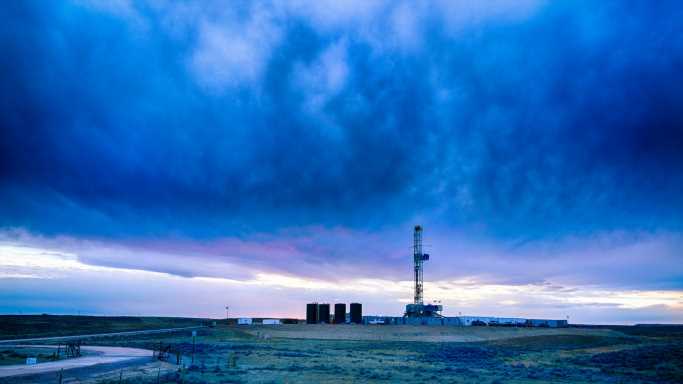Big Oil: The Green and the Black
Would you be surprised to learn that the world’s five supermajor oil companies spend a larger portion of their communications budgets on trying to convince us that they are concerned about climate change than the portion of their capital expenditures (capex) budgets that they spend on investments to minimize their contributions to climate change? Didn’t think so.
InfluenceMap, a U.K.-based nonprofit public interest think tank, has released a new report, Big Oil’s Real Agenda on Climate Change 2022, that examines the gulf between what the oil companies say and what they do.
Researchers analyzed more than 3,400 messages from BP, Chevron, Exxon Mobil, Shell, and TotalEnergies that appeared on social media (not including TV advertising) during 2021. The messages were evaluated for both green claims (i.e., climate solutions) and oil and gas claims (community and economy, pragmatic energy mix and patriotic energy mix).
As a group, 60% of the communications issued by the five supermajors made green claims about topics such as reducing greenhouse gas emissions, transitioning the energy mix and promoting low-carbon fossil fuels like natural gas and liquefied natural gas (LNG). The three European energy giants made green claims about transitioning the energy mix in around 50% of their communications, while the two U.S. supermajors made similar claims in 20% (Exxon Mobil) and 31% (Chevron) of their public messaging.
Just 23% of 2021’s communications messaging addressed oil and gas claims, with the two U.S. giants touting the benefits of oil and gas far more than their European peers. InfluenceMap found that 37% of Exxon Mobil’s communications and 32% of Chevron’s sang the praises of the industry for its benefits to communities, the economy, energy security or a high quality of life. Total (22%), BP (17%) and Shell (8%) addressed the benefits of oil and gas far less often.
InfluenceMap comments:
The difference in communications strategies suggests the European companies are presenting themselves as broad energy companies (emphasizing their businesses in renewables for instance, rather than presenting themselves as oil and gas companies), while ExxonMobil appears to be focused on presenting itself as low emission oil and gas producer. … [Chevron’s communications suggest that the company] appears to dedicate a greater proportion of its public communication activities to promoting an ongoing role for oil and gas.
ALSO READ: Industries Dominated by Just a Few Companies
The five supermajors spent a combined estimated $750 million in 2021 on climate change messaging, approximately 62% of their estimated annual spending of $1.2 billion on communications. As a proportion of the five companies’ capex budget, InfluenceMap estimated that spending on low-carbon activities accounted for about 12% of an estimated $87 billion to $96 billion in 2021 capex spending.
Shell expects to spend about 10% of its $23 billion to $27 billion 2022 capex budget on renewable solutions; Exxon Mobil expects to spend about 8% of its 2023 capex budget on low-carbon activities (amount not specified); TotalEnergies will spend 25% of its 2022 capex budget (amount not specified) on renewables and electricity; BP will spend about 17% of its 2022 capex budget of $14 billion to $15 billion on low-carbon activities; and Chevron will spend 5% of its 2022 capex budget (amount not specified) on low-carbon activities. According to company comments in press releases and presentations, Exxon Mobil has forecast 2022 capex in a range of $21 billion to $24 billion, Chevron has estimated 2022 capex of around $15 billion and TotalEnergies has said it will also spend $15 billion in capex this year.
Get Our Free Investment Newsletter
InfluenceMap’s report also includes information about the supermajors’ lobbying and their industry association networks. Unsurprisingly, Exxon Mobil and Chevron rank lower than their European peers on “a mix of both pro and anti-climate advocacy.” Industry associations like the American Petroleum Institute, FuelsEurope and their Canadian and Australian peers rank lowest and are “highly active in their opposition to Paris Aligned climate policies.”
Sponsored: Tips for Investing
A financial advisor can help you understand the advantages and disadvantages of investment properties. Finding a qualified financial advisor doesn’t have to be hard. SmartAsset’s free tool matches you with up to three financial advisors who serve your area, and you can interview your advisor matches at no cost to decide which one is right for you. If you’re ready to find an advisor who can help you achieve your financial goals, get started now.
Investing in real estate can diversify your portfolio. But expanding your horizons may add additional costs. If you’re an investor looking to minimize expenses, consider checking out online brokerages. They often offer low investment fees, helping you maximize your profit.
Source: Read Full Article

